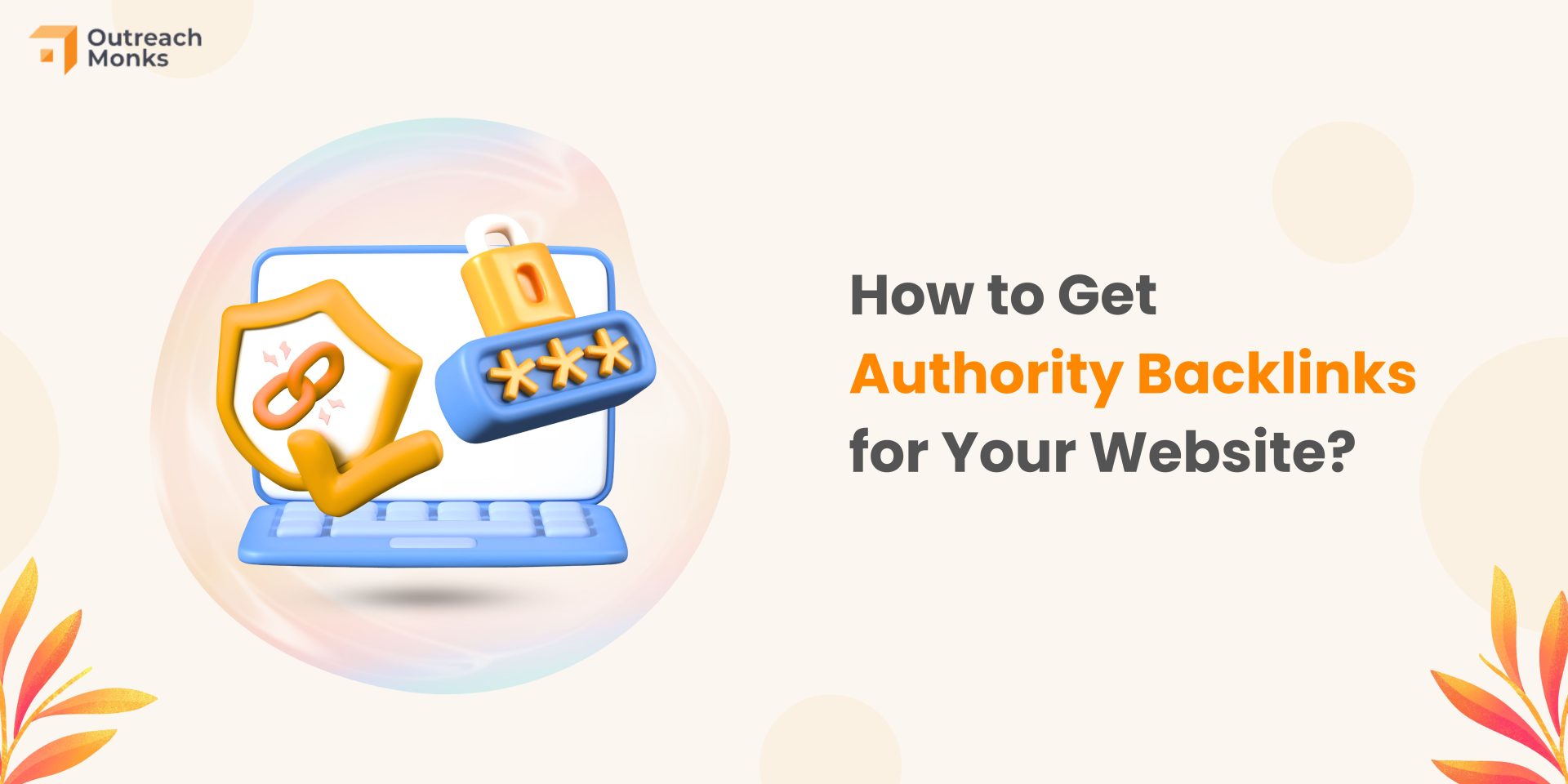Educational Books- Improve Knowledge and Shape the Future

Educational booksare books that provide the knowledge, skills and thinking needed for personal development, effective learning and shaping the future, from academics, critical thinking to teaching skills. Let’s sun win Explore the meaning, ways to choose and read educational books, benefits and tips for a vibrant and meaningful learning journey.
Discover the meaning of educational books
Educational books are works that focus on imparting knowledge, skills and values, helping readers develop intelligence, critical thinking and lifelong learning ability. They include academic books, books on teaching methods, creative thinking and life skills, thereby supporting students, teachers and learners of all ages. Access đánh bài đổi thưởng
In the age of information and technology, educational books help you update your knowledge, train your logical thinking and build a foundation for your career. They are a resource to nurture curiosity, encourage learning and create a positive impact, bringing knowledge and long-term development.
Core ways to select and read educational books
To enjoy and apply educational books effectively, it is necessary to know how to choose and read them properly. Below are the main ways.
Determine your learning goals and choose the right books
Choose educational books based on your academic or career goals. Ask yourself, “What do I want to learn or improve?” If you are a student who wants to improve your thinking, read “A Mind for Numbers” by Barbara Oakley. If you are a teacher, “Teach Like a Champion” by Doug Lemov offers effective teaching techniques.
If you want to develop creative thinking, try “Big Magic” by Elizabeth Gilbert. Use platforms like Goodreads, Amazon, or X-posts to find books by reviews and summaries. Setting goals will help you choose books that will directly impact your learning journey.
Read actively and apply practically
Reading educational books requires focus and practical application. Set a reading goal, such as 10-15 pages/day, and note down key points in a notebook or an app like Evernote. For example, when reading “How to Read a Book” by Mortimer J. Adler, write down: “Reading analytically leads to deeper understanding.”
Practice techniques right away, like using Peter C. Brown’s “Make It Stick” learning method to make it stick. Discuss the book with friends or colleagues, or join a LinkedIn study group to deepen your understanding. Active reading and application help you turn knowledge into practical skills.
Create a regular reading habit
Reading regularly helps you absorb educational knowledge in a sustainable way. Set aside 15-20 minutes a day, such as reading in the morning or before bed, to create a habit. Create a quiet reading space with good lighting, use Kindle or paper books for convenience.
For example, read a chapter of Josh Waitzkin’s “The Art of Learning” every night to learn how to optimize your learning. Take on a reading challenge, like reading six educational books in a year, and track it with an app like Notion. Regular reading habits help you develop your knowledge and skills continuously.
Benefits of reading educational books
Reading educational books has many benefits, from increasing knowledge to improving the quality of life. Here are the main effects.
Improve knowledge and critical thinking
Educational books provide in-depth knowledge and practice critical thinking, helping you understand the world and make better decisions. For example, “Sapiens” by Yuval Noah Harari expands your understanding of human history, while “Thinking, Fast and Slow” by Daniel Kahneman helps you understand how thinking influences decisions.

Applying learning techniques from books like “Peak” by Anders Ericsson helps you learn faster and more effectively. Knowledge and critical thinking from educational books helps you develop your career and live a more meaningful life.
Enhance learning skills and confidence
Educational books provide tools for effective learning and improve teaching or self-learning skills. For example, Charles Duhigg’s “The Power of Habit” teaches how to build good study habits and increase self-confidence. Books like Carol Dweck’s “Mindset” encourage a growth mindset, helping you overcome challenges. These skills not only improve academic performance but also help you become more confident in your work and life, leading to long-term satisfaction and success.
Take notes and practice step by step
Record concepts or lessons from the book in a notebook or an app like Evernote. For example, when reading “Teach Like a Champion,” write: “The ‘100%’ technique ensures every student participates.” Practice step-by-step, like using Joshua Foer’s “Moonwalking with Einstein” mnemonic method to learn vocabulary.
Discuss books with friends, teachers, or join online study groups to share ideas. Taking notes and practicing helps you deepen your understanding and integrate knowledge into your studies or work.
Conclude
Educational booksis a journey to improve knowledge, skills and shape the future through choosing the right books, reading actively and applying them in practice. With methods such as setting goals, reading regularly and practicing step by step, you can develop your thinking and study effectively. Start today to discover good books, bringing a successful and brilliant learning journey!

